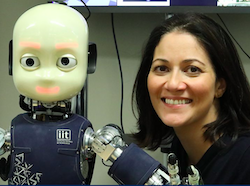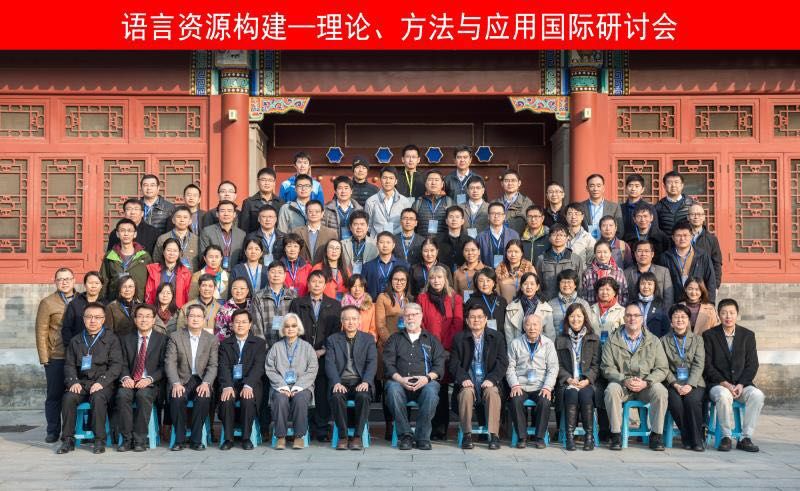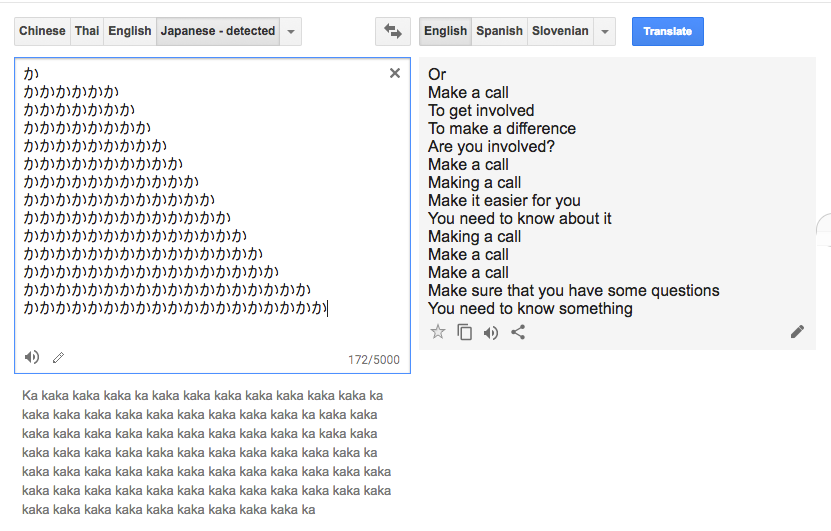In today's Dilbert strip, Dilbert is confused by why the company mission statement looks so different, and Alice diagnoses what's happened: the Elbonian virus that has been corrupting the company's computer systems has fixed all the grammar and punctuation errors it formerly contained.
That'll be the day. Right now, computational linguists with an unlimited budget (and unlimited help from Elbonian programmers) would be unable to develop a trustworthy program that could proactively fix grammar and punctuation errors in written English prose. We simply don't know enough. The "grammar checking" programs built into word processors like Microsoft Word are dire, even risible, catching only a limited list of shibboleths and being wrong about many of them. Flagging split infinitives, passives, and random colloquialisms as if they were all errors is not much help to you, especially when many sequences are flagged falsely. Following all of Word's suggestions for changes would creat gibberish. Free-standing tools like Grammarly are similarly hopeless. They merely read and note possible "errors", leaving you to make corrections. They couldn't possibly be modified into programs that would proactively correct your prose. Take the editing error in this passage, which Rodney Huddleston recently noticed in a quality newspaper, The Australian:
There has been no glimmer of light from the Palestinian Authority since the Oslo Accords were signed, just the usual intransigence that even the wider Arab world may be tiring of. Yet the West, the EU, nor the UN, have never made the PA pay a price for its intransigence.
Read the rest of this entry »


